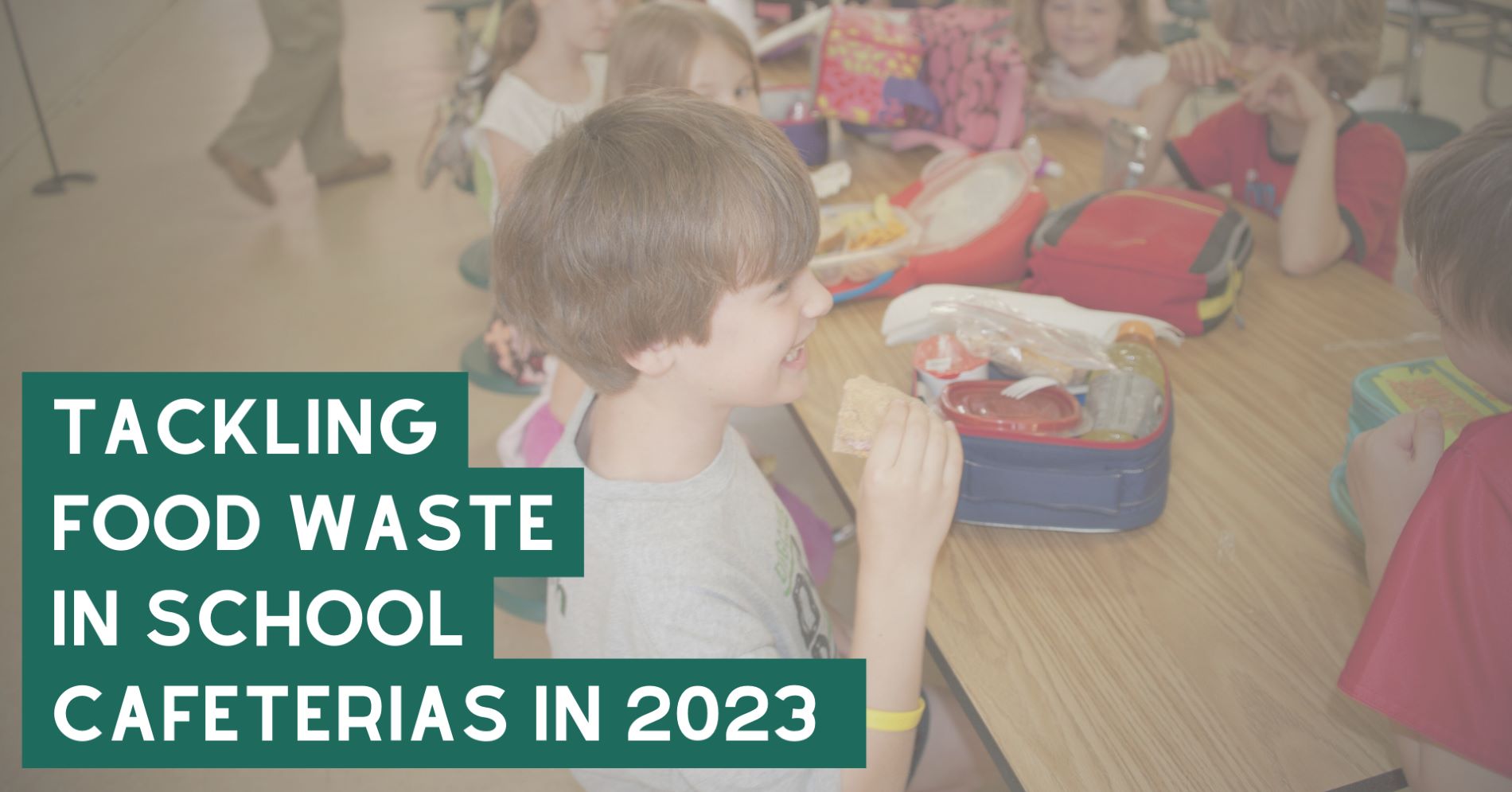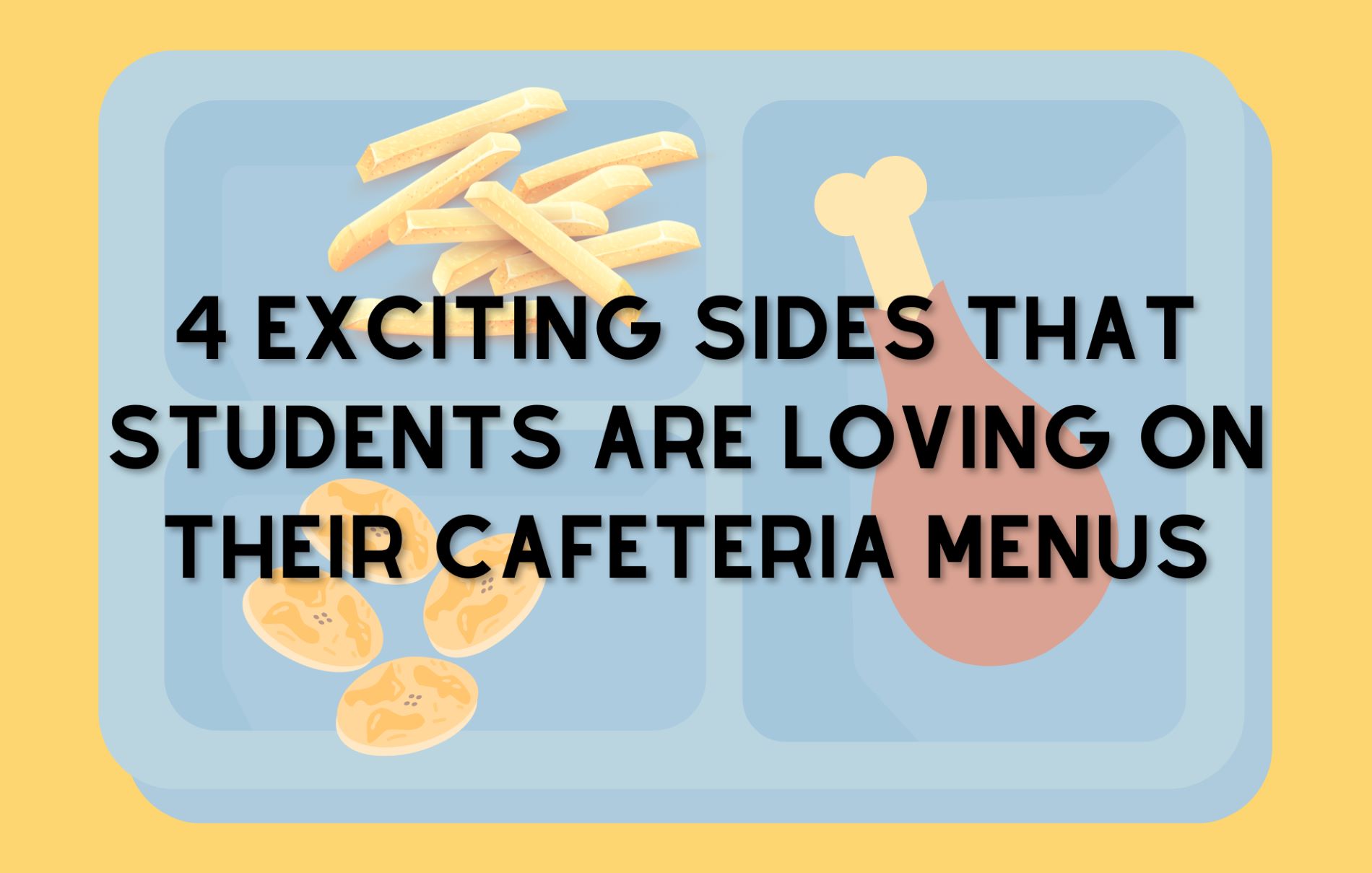Tackling Food Waste in School Cafeterias in 2023

Tackling Food Waste in School Cafeterias in 2023: Practical Solutions and Tips
Distaste for Waste
Food waste is a significant challenge faced by school cafeterias around the world. It not only contributes to environmental concerns but also has negative impacts on budgets and resources. As responsible consumers and educators, it is essential for schools to take proactive steps to tackle food waste in their cafeterias. In this blog post, we will explore practical solutions and tips to minimize food waste, promote sustainability, and create a culture of mindful consumption within school communities.
- Conducting Waste Audits
Start by conducting waste audits to assess the types and amounts of wasted food. By analyzing the data, schools can identify patterns, pinpoint areas of improvement, and set measurable goals for waste reduction. Waste audits provide valuable insights into specific menu items that are frequently discarded, portion sizes, and the effectiveness of current waste management practices.
- Menu Planning and Portion Control
Effective menu planning plays a vital role in minimizing food waste. Consider offering a variety of portion sizes to ensure they can take the amount they can consume. Regularly assessing menu popularity can also help to adjust quantities according to demand and preferences. This helps avoid the overproduction of less popular dishes. Zooming out worldwide, we can even learn a thing or two from Scandinavian countries: One woman in Sweden designed a meal optimization system that saves schools tons of food waste by simply tracking absences and sending the information real-time into the school kitchen to avoid over-prepping.
Additionally, developing innovative recipes using leftover ingredients or repurposing surplus food into new dishes can help reduce waste while providing students with exciting meal options. Lastly, buying frozen food helps drastically reduce food waste by eliminating the need to use food right away. By only using what they need and storing the rest for long periods of time, schools can cut waste and, therefore, costs.
You might like: Busting 5 Frozen Food Myths in 2023
- Engaging Students
Educating students about the impact of food waste and involving them in waste reduction efforts can be highly effective. Organizing educational programs, workshops, or assemblies to raise awareness about the importance of reducing food waste can get students thinking more about what goes on their plates. Highlighting the environmental, social, and economic consequences can empower students to take action.
Speaking of empowering students to take action, schools can also choose to Involve student leaders by appointing student sustainability ambassadors who can promote waste reduction initiatives, organize awareness events, and encourage peers to adopt sustainable practices. Finally, schools may choose to implement tray-less dining to encourage mindful food choices and reduce plate waste. A study released by the Journal of Hunger & Environmental Nutrition documented a 32% reduction in food waste and a 27% reduction in dish use when trays were made unavailable at a university dining facility. This strategy could be applied to high school students, and without trays, students are more likely to take only what they can carry and consume.
- Food Recovery Programs
Implementing food recovery programs can help redirect surplus food to those in need. Schools can partner with local food banks or shelters. By establishing relationships with community organizations to donate excess food (that meets safety guidelines), schools can ensure that edible food is utilized to feed those experiencing food insecurity. Additionally, some schools have implemented designated share tables in their cafeterias, where students can place unopened or uneaten food items they no longer want, which others can then take. One school in Indiana started implementing take-home weekend meals with their cafeteria’s leftovers.
- Composting and Recycling
Proper waste management is crucial for reducing the environmental impact of food waste. By introducing composting systems, institutions can help and to divert food scraps from landfills, which then creates nutrient-rich compost for gardens or local farms. Also, ensuring that clear and accessible recycling stations are available in the cafeteria can make it easier for students to dispose of their scraps and other materials correctly and safely.
It Starts with Us
Tackling food waste in school cafeterias requires a collective effort from administrators, staff, and students. By implementing practical solutions and adopting sustainable practices, schools can reduce food waste, conserve resources, and foster a culture of mindful consumption, all while promoting healthy lifestyles. Implementing some of these tactics can help to create environmentally responsible cafeterias that not only nourish our students but also promote sustainability for a better future.
Together, we can make a significant impact in reducing food waste and set an example to other institutions worldwide. The US has been a leader and innovator for so many things in the past – why not be a leader in reducing food waste as well?
Partner With Us in the Frozen Food Solution
At MIC Food, we help chefs, restaurants, industrial kitchens, retail brands, delis, and others in the food industry rethink their menus and increase appeal among ethnic and mainstream consumers alike. We provide a variety of frozen tropical fruits and vegetables that come peeled and cut, ready to heat and serve, saving you hours of prep time so you can focus on what matters the most: making every meal memorable.
Hungry for more? Check out our recipes page for more inspiration! Ask Our Chef about how you can incorporate our products into your menu!
Resources


